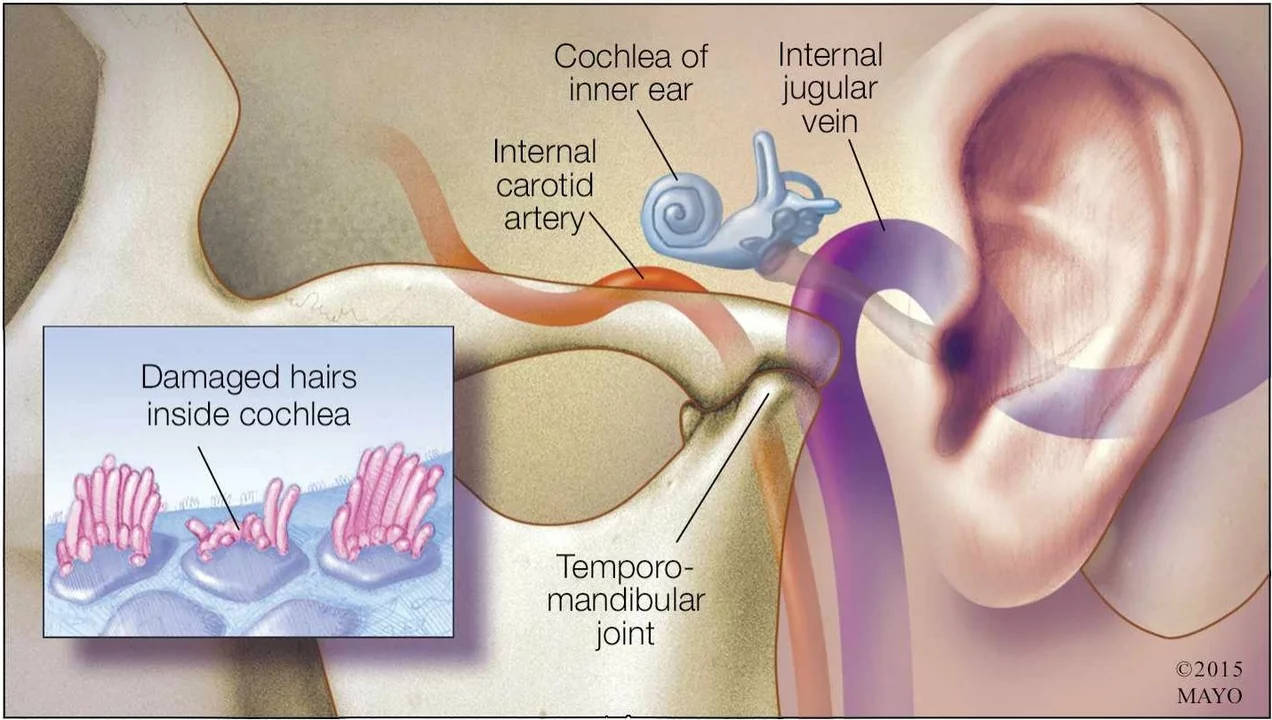Tinnitus Management: Practical Ways to Reduce Ringing
Tinnitus is the perception of sound—ringing, hissing, buzzing—when nothing external is making noise. You don’t have to accept it as permanent background noise. With a few targeted steps you can lower how much it bothers you and sleep and focus better.
Quick practical steps to try today
Start by tracking triggers. Keep a short note for a week: when the noise gets louder, what you ate, how much sleep you had, and stress levels. Patterns often show up—caffeine, lack of sleep, or noisy environments can make tinnitus worse.
Use low-level background sound. A fan, quiet white-noise app, or soft music can make the ringing less noticeable, especially at night. Avoid blasting volume; gentle sound that doesn’t compete with hearing is the key.
Protect your ears. Loud noise damages hearing and can worsen tinnitus. Use earplugs or earmuffs at concerts, on noisy job sites, or when mowing the lawn. Even short exposure to very loud sounds can spike tinnitus for days.
Check your medications. Some drugs are ototoxic (they can affect hearing). If your tinnitus started after a new med, ask your doctor whether there are alternatives. Don’t stop prescription medicine without talking to your clinician.
Cut back on habits that amplify symptoms. Reducing caffeine, nicotine, and excess alcohol helps some people. Also try to keep salt intake moderate; for some, high sodium increases inner ear fluid pressure and irritability.
Longer-term options and when to seek help
Get a hearing test. Many people with tinnitus also have hearing loss. A hearing aid can improve sound input and make tinnitus less noticeable. Modern hearing aids often include built-in sound therapy features.
Consider sound therapy and cognitive approaches. Tinnitus retraining therapy (TRT) and cognitive behavioral therapy (CBT) don’t cure the sound, but they change how your brain reacts to it so it matters less. They have solid evidence for improving quality of life.
Be cautious about supplements and miracle cures. Ingredients like ginkgo biloba or zinc are popular, but evidence is weak and results vary. Talk to your clinician before taking anything, especially if you’re on other meds.
Seek urgent care for certain signs: sudden hearing loss, pulsatile tinnitus (a heartbeat-like sound), or dizziness. These can point to conditions that need quick evaluation by an ENT or audiologist.
Finally, manage stress and sleep. Breathing exercises, regular exercise, and good sleep habits lower the brain’s sensitivity to tinnitus. Even short daily walks and a predictable sleep routine can reduce how intrusive the sound feels.
Want a next step? Book a hearing test or discuss CBT/TRT options with an audiologist or ENT. Small changes often lead to big relief when you consistently use the right tools.

The Role of Sound Therapy in Tinnitus Management
As a blogger who's recently delved into the world of sound therapy, I've discovered its incredible role in tinnitus management. Sound therapy helps mask the annoying ringing sounds tinnitus sufferers experience by introducing soothing, external sounds. This not only provides relief but also aids in retraining the brain to focus on other sounds. With various sound therapy options available, such as white noise machines and customized soundtracks, it's becoming increasingly popular for tinnitus management. I can't wait to explore more about how sound therapy can improve the lives of those struggling with tinnitus.
